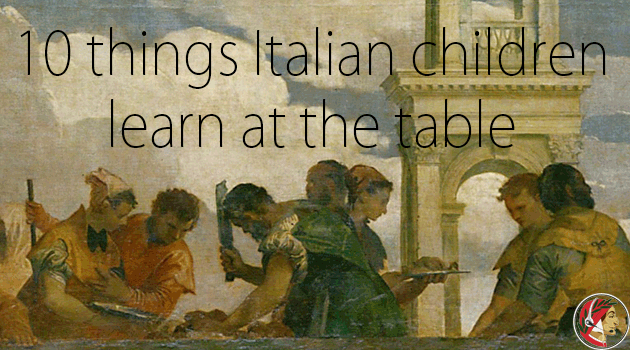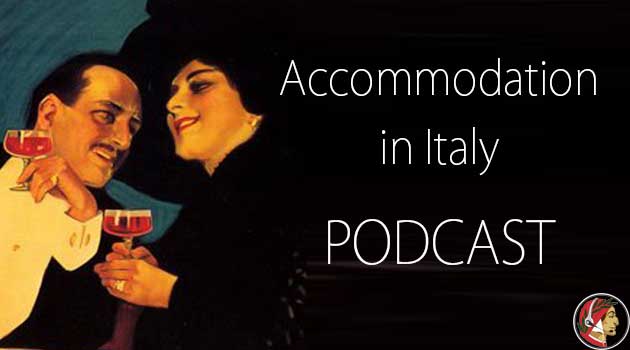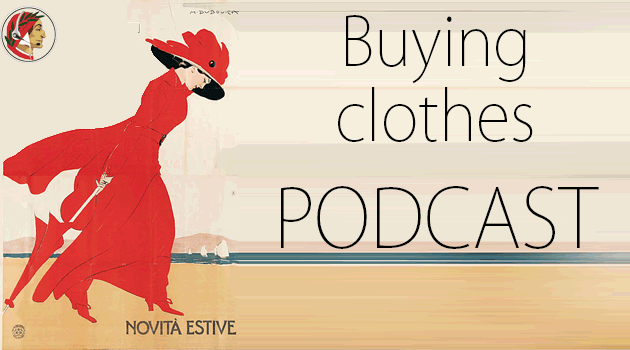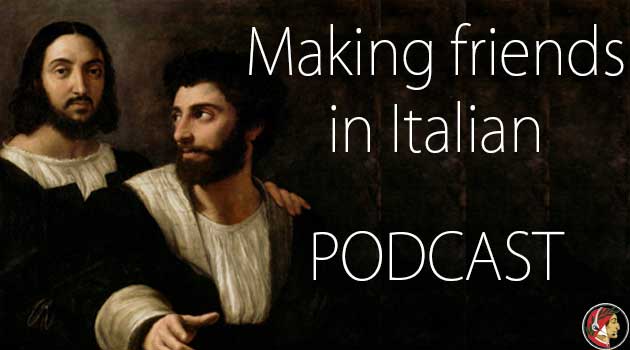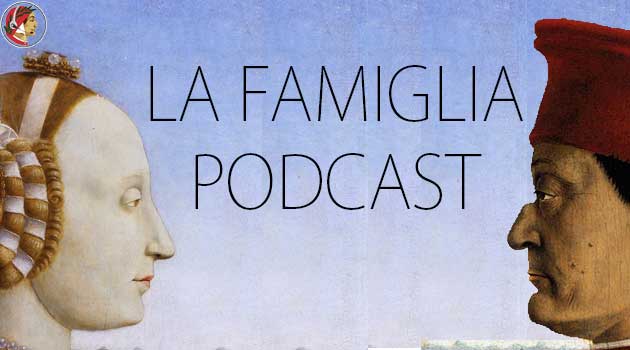Learn to deal with your hotel reservation and services. Listen to the correct pronunciation
Today we’ll talk about your accommodation in Italia.
Italy is one of the most visited countries in the world. Despite that, outside the usual destinations of the “grand tour”, big cities like Roma, Firenze or Venezia, many people including hotel managers speak poor English. Some basic Italian will help you to fix some issues.
A place to stay – un posto dove stare
In Italian we can say Hotel (we don’t pronounce the H) but the actual word is Albergo.
A cheaper and common alternative is the Pensione, a family-run hotel. Sometimes the pensioni (plural) turn out to be excellent, especially if you travel in the countryside.
They are often attached to a Trattoria, a local restaurant, where you can have breakfast (colazione) or lunch (pranzo) at very convenient prices and taste authentic family food (cucina locale). Sometimes they are just average hotels but cheaper.
If you are looking for a bed and breakfast, you are all set because we use the English word. However, if you are visiting the beautiful Italian campagna (countryside) the best possible accommodation is an agriturismo, farm-hotel with home made products and food.
Some agriturismo are far better than city hotels because they are located in strategic places, historical buildings surrounded by with magnificent landscapes. It’s not unusual to book an agriturismo and find out it’s a reformed castle or an ancient building.
If you are a backpacker (carrying a zaino), you can sleep in a camping (campeggio) or youth hostel (ostello della gioventù).
If you plan to stay more than a couple of weeks in the same area, you can look for an apartment, un appartamento, where you can be free to do what you want and save some money.
- hotel
- albergo
- pensione
- trattoria
- cucina locale
- campagna
- agriturismo
- castello
- zaino
- campeggio
- ostello
- appartamento
Services – i servizi
Hotels in Italy have rooms (camere) with a private bathroom (il bagno), a bathtub (vasca da bagno) a shower (la doccia), a tv set (il televisore). International hotels are of high standards, in line with other western European countries and staff generally speak good English. However, the small albergo or pensione are the most common hotels.
“Check in”, “check out” and “reception” are now part the Italian vocabulary, so you will be fine. Ask to leave your luggage (i bagagli) at the reception if your room is not ready (la camera non è pronta).
If you stay in a small hotel (three stars and below, tre stelle, due stelle, una stella) it is recommended to check the rooms in advance. Rooms generally have air conditioning (l’aria condizionata), heater (termosifone), room service (servizio in camera), a small safe (cassaforte),
Rooms are single (camera singola), double (camera doppia, or martimoniale – “wedding room”), twin room (camera a due letti) with the possibility of adding a small bed (un lettino) for your child. You can book for one night (una notte), more nights (due, tre, quattro, cinque notti) and so on. Study the numbers in Italian with our podcast if you are not familiar with them.
Breakfast (la colazione) is usually included (compresa), very seldom it is not (a parte). Gli alberghi usually offer a continental breakfast (colazione continentale) which is the standard food you find anywhere in Europe.
Agriturismi can give you some real Italian homemade food, like cakes (torte), salame, prosciutto and formaggio (gli affettati), pane (bread ), succhi di frutta (juices) and all sorts of caffè. It’s quite common to find some agriturismo and campeggi with facilities for your pets (animali domestici).
- camera, vasca da bagno, doccia, televisore
- bagagli, una stella, due stelle, tre stelle
- termosifone, aria condizionata, servizio in camera
- camera singola, doppia, matrimoniale, un lettino
- una notte, due notti, tre notti
- colazione compresa, a parte, continentale
- torte, affettati, pane, succhi di frutta, caffè
- animali domestici
Upon arrival – Appena arrivi
Vorrei fare una prenotazione, means I’d like to make a reservation, and it’s highly recommended you make one for your camera. You should also consider the remarkable difference in prices between the high season (alta stagione) and low season (bassa stagione) when planning your trip. Ask the receptionist to take a look at your room before you check in (posso vedere la camera? – can i see the room?). If you don’t like your room you can say vorrei cambiare camera.
I’d like a different room.
Vorrei una camera… – più (more) /meno (less) …
- grande (big)
- piccola (small)
- cara (expensive)
- economica (cheap)
- calda (warm)
- fresca (fresh)
- pulita (clean)
- vorrei fare una prenotazione
A place to stay
In albergo e all’ufficio del turismo
Normally, as soon as you get off the plane or train, at the airport or train station, you will see a public tourist office (ufficio del turismo). If you haven’t booked your hotel (you should have!) you can ask for some help and find what you are looking for. The staff at the office should be proficient in English but I heard funny stories from some students saying they had issues. In any case, proficient or not, it’s nice to challenge your Italian skills and ask what you want in Italian.
- C’è un albergo a tre stelle nelle vicinanze?
Is there a three stars hotel in the neighborhood ?
- Qual è il campeggio più attrezzato?
Which is the camping with the best facilities?
- Dove posso affittare un appartamento?
Where can I rent an apartment?
- C’è un ostello della gioventù?
Is there a youth hostel?
- Posso avere una mappa della città?
Can I have a map of the city?
- Ci sono dei mezzi pubblici?
Is there any public transportation ?
- Può chiamare un taxi per favore?
Could you please call a cab?
Now, you hopefully got all the directions to get to your hotel, pensione, agriturismo, ostello della gioventù, campeggio etc. it’s time to get into details and make sure your room (la tua camera) is in line with your expectations.
- Vorrei una camera singola / doppia / matrimoniale.
I would like a single / twin / double room
- Potremmo avere un lettino per il bambino?
Could we have an extra bed for the child?
- Vorrei una camera con il balcone.
I’d like a room with a balcony
- C’è … la vasca da bagno / la cassaforte / la tivù via cavo / la connessione a internet?
Is there a … bathtub / safe / cable tv / internet connection?
- La colazione è compresa nel prezzo?
Is breakfast included in the price.
- A che ora è il check out?
What time is the checkout?
- Fino a che ora servite la colazione?
Until what time do you serve breakfast?
- Avete una navetta per la stazione / per l’aeroporto?
Do you have a shuttle service for the station / airport?
- C’è un parcheggio riservato?
Is there a reserved parking lot?
Is there a swimming pool?
Problem solving
Running out of towels…
So, you are tired after a long day, you had a nice dinner and the wine was good. Time to go to bed and find out that your room is not as good as you thought. It happens, and you should be ready to express complaints and grievances in Italian. Read and listen.
If you add … non funziona to an object, it means the object doesn’t work. For example:
- La doccia non funziona. (shower)
Just add non funziona to the following for having it fixed
- il condizionatore (air conditioner)
- la doccia (shower)
- la televisione (tv set)
- la connessione internet (connection)
- il bagno (toilet)
- la chiave (key)
- l’ascensore (lift)
vorrei… (I would like to…)
- fare una prenotazione (make a reservation)
- cancellare la prenotazione (cancel)
- fare il check out
- una camera più grande / più piccola (bigger/smaller)
- un’altra camera (another room)
- il servizio in camera (room service)
- delle coperte (some blankets)
Non c’è … / Non ci sono … – There isn’t … / There aren’t …
You can use the objects we explained above to compose new sentenced. Below, some more hints:
- Non c’è l’acqua calda (hot water)
- Non ci sono cuscini (pillows)
So, proceeding with order, non c’è…
- il sapone (soap)
- la luce (light)
- l’accappatoio (bathrobe)
- la vasca da bagno (bathtub)
- il bollitore (water boiler)
- la linea del telefono (phone line)
non ci sono…
- abbastanza cuscini (enough pillows)
- abbastanza finestre (enough windows)
- asciugamani (towels)
- sedie (chairs)
- bevande nel frigorifero (drinks in the fridge)
Thanks for reading. Please try a quiz and win an Italian Skype class.
PHOTO CREDITS

